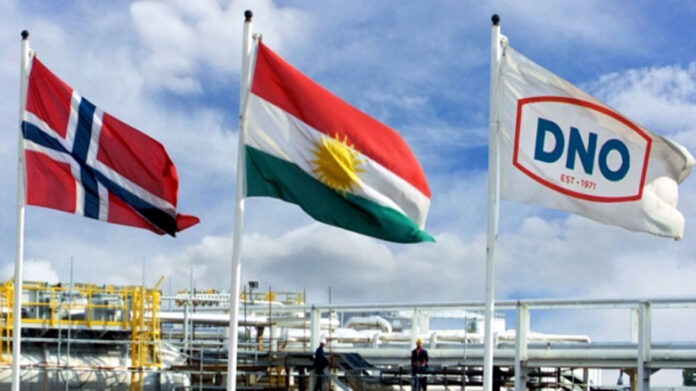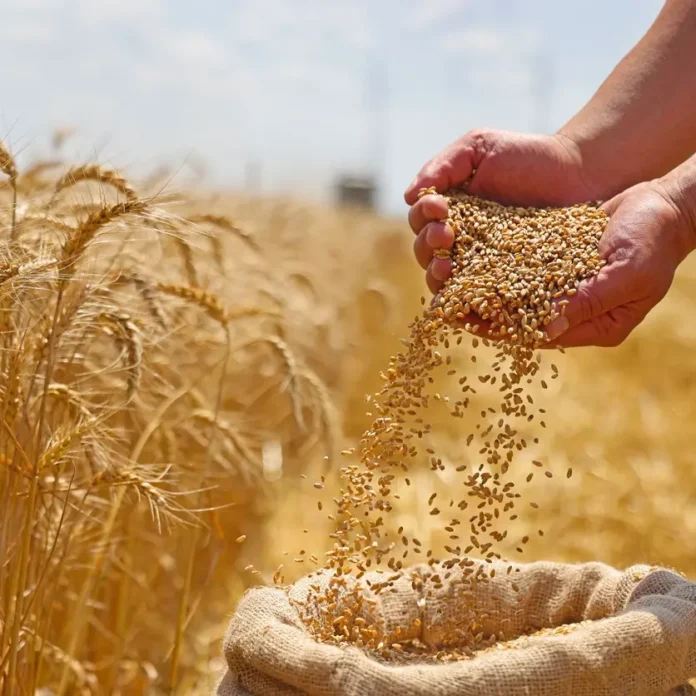The organic foam project in Sulaimani University has introduced a new way to turn waste into farming resources. The College of Environmental Sciences in Chwarta, with help from the World Food Program, developed this project to support farmers and protect the environment.
This is the fourth stage of the project. It converts both animal and plant waste into organic foam. The product works as an alternative to chemical foams, which farmers use widely. The organic foam project in Sulaimani University aims to cut chemical imports and improve soil quality.
Dr. Emad Omar, Dean of the College of Environmental Sciences, stressed the benefits of the project. He said that it serves the Sharbazher region, where many farms and gardens exist. Farmers will learn how to produce foam on their own, which creates income and reduces costs.
Each year, the Kurdistan Region imports large amounts of chemical foam. This damages the soil and lowers biodiversity. In contrast, organic foam improves soil health, increases water retention, and enhances long-term productivity.
University staff also monitor the production process carefully. Dr. Razan Omar, a professor at the college, explained that devices check both temperature and humidity. This ensures stable results and better foam quality.
The project began earlier this year. Its results will become clear during the next farming season. Many experts believe that the organic foam project in Sulaimani University can improve agriculture across the region.
This effort not only supports local farmers but also protects natural resources. By replacing chemical imports with organic solutions, it sets a new path for sustainable farming


